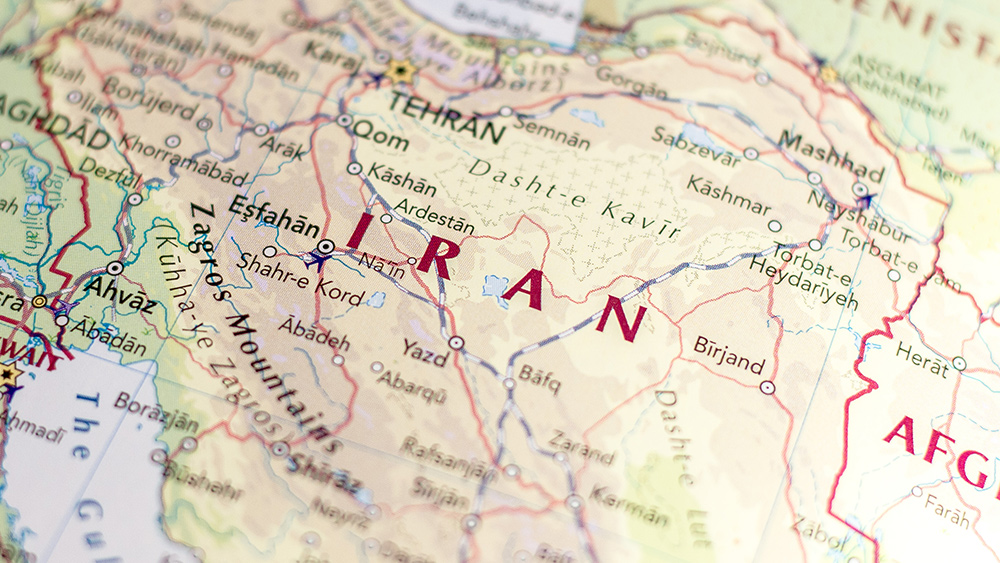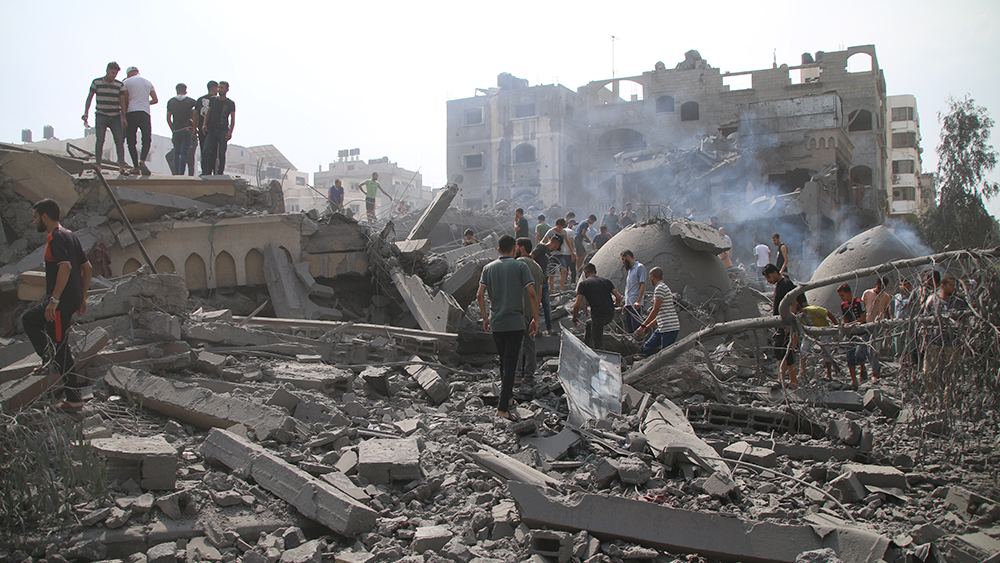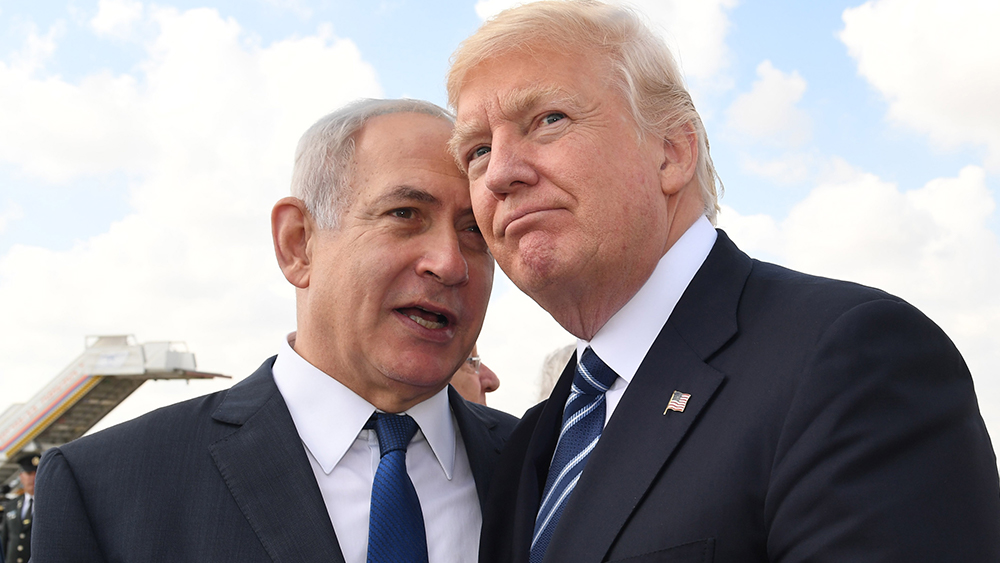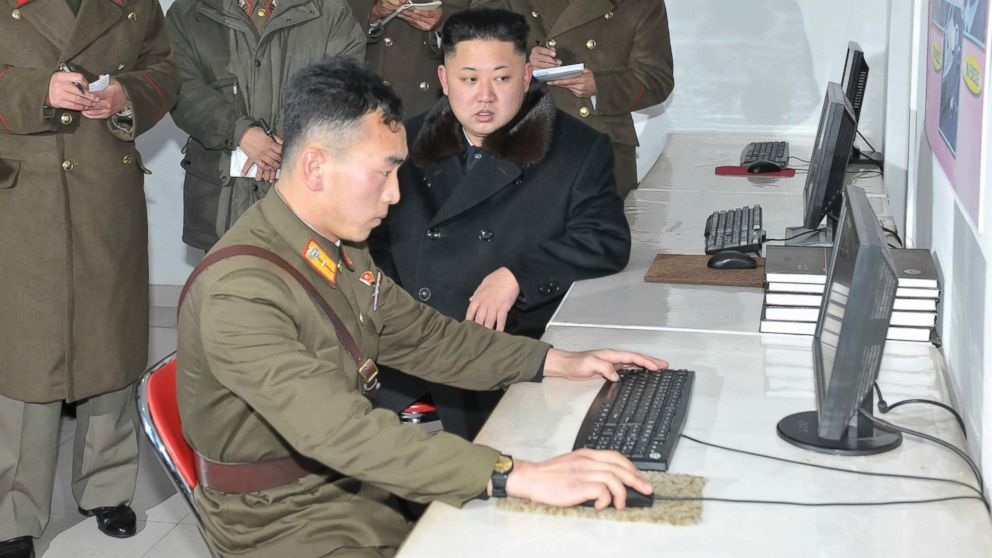 Parler
Parler Gab
Gab
- Russia’s Dmitry Medvedev claims U.S. strikes on Iran’s nuclear sites have backfired, pushing Tehran closer to weaponization.
- Multiple nations allegedly stand ready to supply Iran with nuclear warheads, escalating global instability.
- Western media will continue to portray Iran as having no allies, but this is nothing but propaganda.
- Netanyahu’s long-standing campaign to drag the U.S. into war with Iran succeeded, undermining diplomacy.
- Iran had previously agreed to stringent nuclear inspections and enrichment limits before Trump abruptly reversed course.
- The US attack violates international law and risks plunging the Middle East into a wider conflict.
- Iran will be emboldened after the airstrikes, as other nations come to defend them.
Netanyahu’s trap springs shut
For decades, Netanyahu has sought to embroil the U.S. in a direct confrontation with Iran, framing Tehran as an existential threat to Israel. His influence over Trump proved decisive. Just months into Trump’s second term, the U.S. abandoned promising nuclear talks—where Iran had agreed to maximum transparency, reduced uranium enrichment, and full cooperation with the International Atomic Energy Agency (IAEA)—and instead launched airstrikes on key nuclear facilities in Isfahan, Natanz, and Fordow. An informed Iranian source revealed that negotiations between Trump’s envoy, Steve Witkoff, and Iranian Foreign Minister Abbas Araghchi had reached a tentative agreement. “The deal was as follows: Iran would accept maximum nuclear inspections… convert or export its stockpile of 60% enriched uranium… halt high-level enrichment… and resolve all technical ambiguities with the IAEA,” the source said. In return, the U.S. would lift nuclear-related sanctions. But after a call between Netanyahu and Trump, Washington abruptly demanded Iran completely abandon its peaceful nuclear program—a nonstarter that sabotaged diplomacy. Two days before the next round of talks, Israel attacked Iran, forcing Trump’s hand. “This was Israel’s trap—designed to drag the U.S. into war,” the source said.A dangerous new nuclear reality
Medvedev’s warning that nations are now prepared to supply Iran with nuclear warheads marks a terrifying escalation. Russia, a key Iranian ally, has already condemned the U.S. strikes as “irresponsible” and a violation of international law. Meanwhile, Tehran—which has no active nuclear weapons program, according to the IAEA—may now reconsider its commitment to the Non-Proliferation Treaty (NPT). “Countries like North Korea, India, Pakistan, and Israel rejected the NPT and developed nukes—yet they remain immune from attack,” said Trita Parsi of the Quincy Institute. “Iran has learned the hard way that disarmament invites aggression.” Trump’s decision to strike Iran also exposes the hypocrisy of U.S. nonproliferation policy. Israel, the Middle East’s sole nuclear power with an estimated 400 warheads, has never faced consequences for its arsenal. Meanwhile, Iran—subject to the most intrusive inspections in history—was bombed despite no evidence of weaponization. The consequences of this reckless escalation are dire. Iran, now more unified under its leadership, may accelerate its nuclear efforts. Russia and other nations could further embolden Iran by supplying advanced weaponry. And the U.S., having violated the UN Charter, faces global condemnation, especially if they push for regime change and destabilization of Iran. Sources include: Jpost.com MiddleEastEye.net CNBC.comIran threatens “FINAL WAR” with Israel as Gaza ceasefire talks gain momentum
By Willow Tohi // Share
Trump to promote the pilots behind Operation Midnight Hammer at 4th of July Celebration
By Lance D Johnson // Share
The Truman Show Collapses: Reality unveiled as global deception falters
By Finn Heartley // Share
Governments continue to obscure COVID-19 vaccine data amid rising concerns over excess deaths
By patricklewis // Share
Tech giant Microsoft backs EXTINCTION with its support of carbon capture programs
By ramontomeydw // Share
Germany to resume arms exports to Israel despite repeated ceasefire violations
By isabelle // Share










